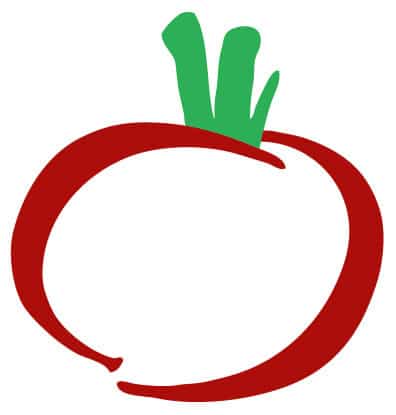When Life Gives You Lemons, Squeeze Them into Recipes! Limoneira Company Part Two of Two
In continuation of part two about Limoneira Company, we take a closer look at the water conservation and technology at the lemon farm courtesy of the Limoneria Company website.
Limoneira Company has been operating for over a century and is recognized as an industry leader with a number of innovations that have helped contribute to the citrus industry. Charles Collins Teague joined Limoneira in 1893 and developed strategies to overcome problems with citrus. For example, in the early 19th century, he introduced the “Teague Method.” In order to eliminate decay in lemons because of the accumulation of moisture, canvas tarps covered the fruit and well ventilated open-air storage sheds to control temperature and humidity of the fruit before air conditioning became available.
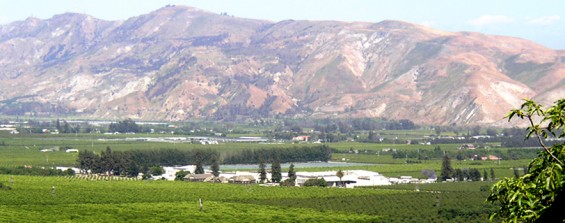
Limoneira takes important steps when it comes to water quality and supply by performing lab testing, incorporating filtration systems, and using micro sprinklers.
Limoneira water ponds are the first of their kind, ecological wastewater treatment for agriculture. Utilizing gravity, the untreated water flows through a series of ponds which contain plant material to filter out impurities. The project reduces the need for ground water pumping and has a much smaller carbon footprint. The lemon trees are watered every 2 weeks through irrigation.
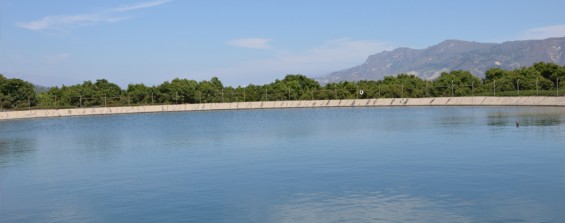
The technological advances at Limoneira include solar energy and organic recycling.
There are two solar energy sites. One is in Santa Paula, CA and is a 5.5-acre photovoltaic solar orchard that generates 2MW power to the lemon-packing house and storage facility. About 150 miles north of Santa Paula, four solar arrays generate power to pump deep well water into reservoirs for the irrigation of 1,000 agricultural acres in the Tulare County town of Ducor.
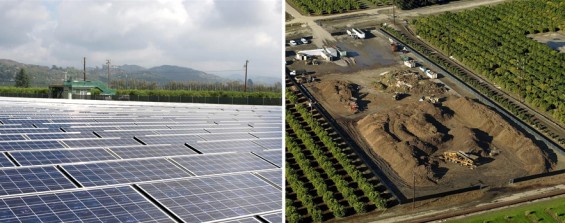
Limoneira partnered with Agromin to create an organic recycling program. They developed a 10-acre facility on Limoneira’s land to receive green materials from around Ventura County such as lawn clippings, leaves, bark, and plant materials. The material turns into mulch that is re-purposed around the orchards to curb erosion, improve water efficiency, and many more benefits to the farm.
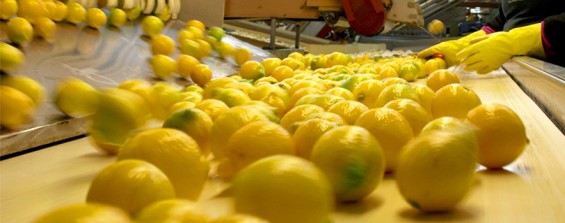
Optical scanners review the quality of each fruit, as well as several inspections and tests to ensure the highest quality of lemons. They maintain an Integrated Pest Management system to bring their sustainable-grown products to market and reduce the use of pesticides.
“We greatly value our partnership with Garden Fresh, Souplantation and Sweet Tomatoes. You share our values and we appreciate the good work you are doing,” says John.
For part one about the growing process of lemon, click here.
About Limoneira Company
The Limoneira Company was founded in Ventura County, California in 1893. Its founders were pioneers of spirit and vision that helped lay the foundations of a thriving California citrus industry. Today, Limoneira has evolved into a global company whose mission is to preserve and promote its tradition, heritage and legacy in agriculture, community development and stewardship to maximize value for its shareholders.
